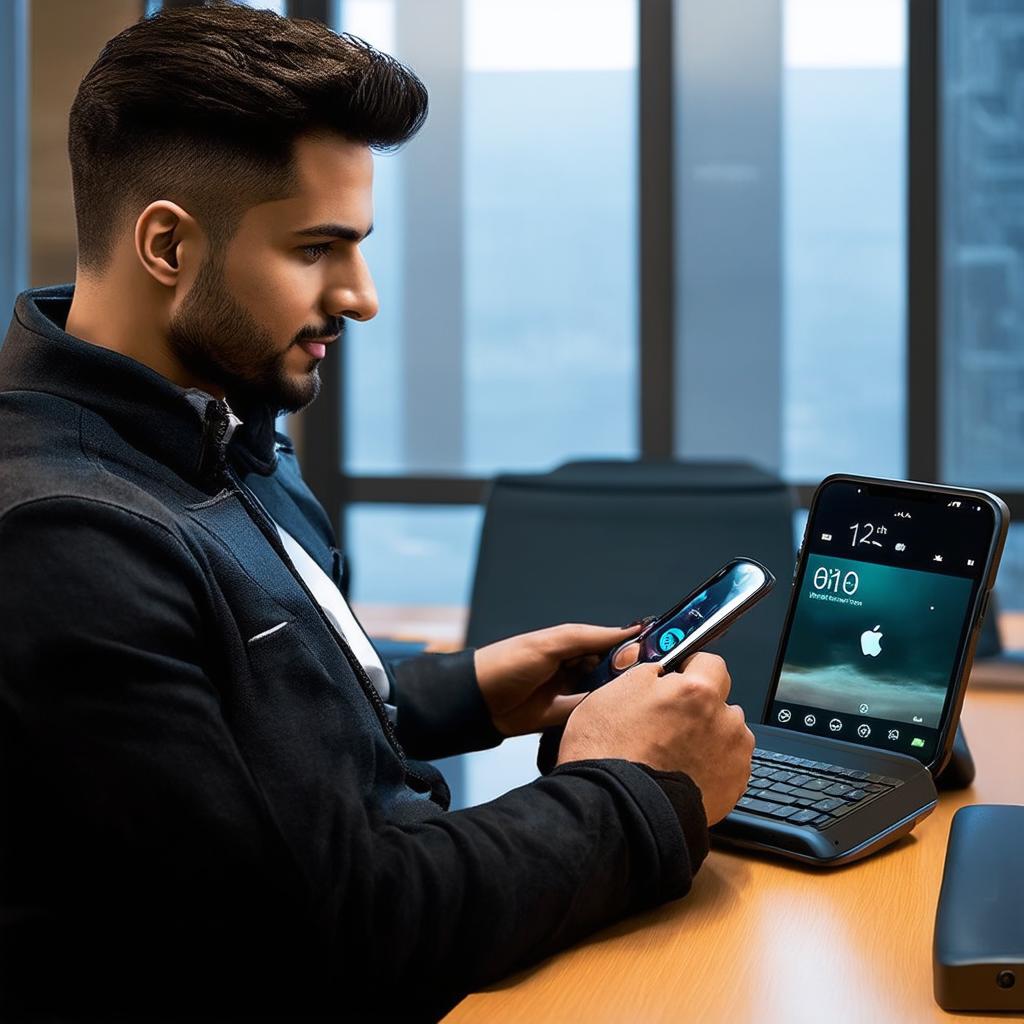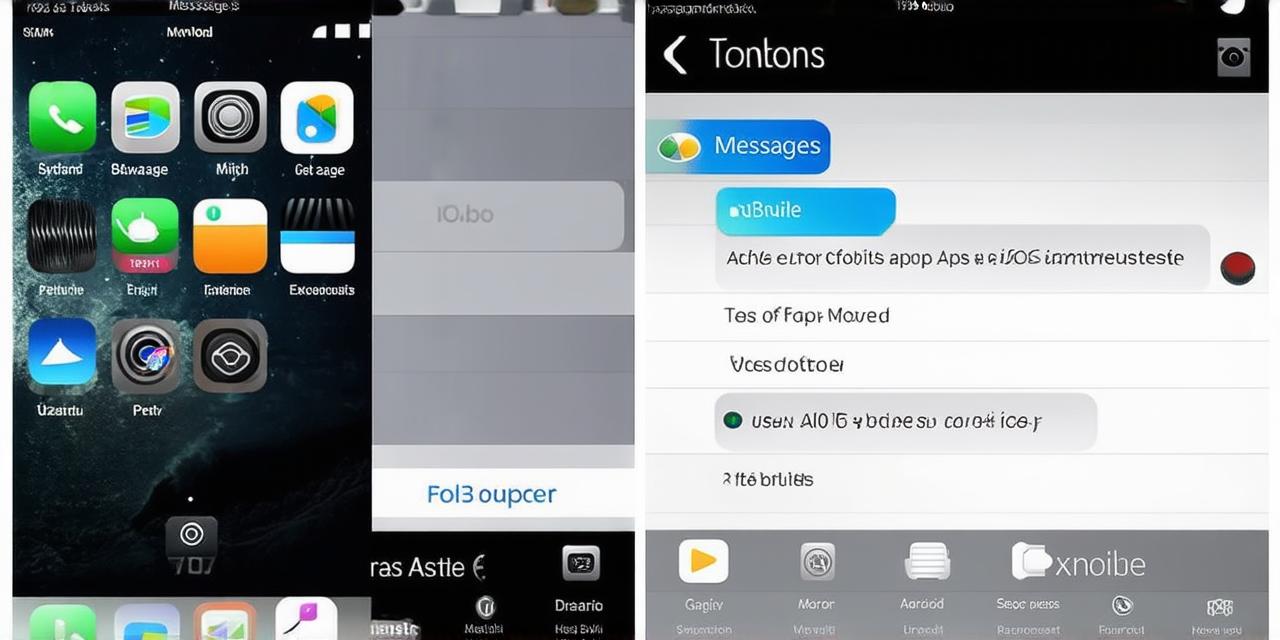Introduction:
As an iOS developer, you may have come across situations where you need to operate iOS applications on Android devices. This can be useful in testing your application on different platforms or for debugging purposes.
Operating iOS Applications on Android Devices: A Step-by-Step Guide
1. Install an Emulator:
The first step is to install an emulator on your Android device. An emulator allows you to run an iOS operating system on your Android device, which enables you to operate iOS applications on it. There are several emulators available, such as BlueStacks and Andy, but the most popular one is Bluestacks.
2. Download and Install an iOS App:
Once you have installed an emulator, the next step is to download and install an iOS app on your Android device. You can do this by visiting the Apple App Store and downloading the application’s APK file. After downloading the APK file, you can then use Bluestacks to install it on your Android device.
3. Launch the iOS App:
Once the iOS app is installed, you can launch it on your Android device by opening Bluestacks and selecting the iOS app from the list of installed apps. You will be prompted to enter your Apple ID credentials before you can use the app.
4. Test the iOS App:
Now that the iOS app is launched on your Android device, you can test it as if it were running on an actual iOS device. You can perform various tests, such as testing the application’s user interface, functionality, and performance.
5. Debugging and Troubleshooting:

In addition to testing, you can also use the Android device to debug and troubleshoot your iOS app. For example, if there are any crashes or bugs in your app, you can use Android’s debugging tools to identify and fix them.
Benefits and Limitations of Operating iOS Applications on Android Devices
One of the main benefits of operating iOS applications on Android devices is that it allows you to test your app on different platforms. This helps you ensure that your app works seamlessly across all devices, which can save you a lot of time and effort in the long run. Additionally, operating iOS applications on Android devices can also help you identify bugs and issues that may not be apparent on an actual iOS device.
However, there are also some limitations to operating iOS applications on Android devices. For example, some features of iOS apps may not work properly or may not be available on Android devices. Additionally, running iOS applications on Android devices can take up a lot of system resources, which can impact the performance of your Android device.
Real-Life Examples and Comparisons
Let’s consider an example to illustrate the benefits of operating iOS applications on Android devices. Suppose you are developing an app that requires users to scan barcodes using their camera. You may want to test this feature on both iOS and Android devices to ensure that it works seamlessly across all platforms. By running the iOS version of your app on an Android device, you can identify any issues with the barcode scanning feature and fix them before releasing the app to the public.
Conclusion:
In conclusion, operating iOS applications on Android devices can be a useful tool for iOS developers. It allows you to test your app on different platforms and identify bugs and issues that may not be apparent on an actual iOS device. While there are some limitations to using this approach, the benefits of testing your app on multiple platforms make it worth considering. So, if you’re an iOS developer looking to expand your testing capabilities, consider operating iOS applications on Android devices.
FAQs:
1. Is it possible to run iOS apps on Android devices?
Yes, it is possible to run iOS apps on Android devices by using an emulator like Bluestacks.
2. What are the benefits of running iOS apps on Android devices?
The main benefits of running iOS apps on Android devices include testing your app on different platforms and identifying bugs and issues that may not be apparent on an actual iOS device.
3. Are there any limitations to running iOS apps on Android devices?
Yes, some features of iOS apps may not work properly or may not be available on Android devices. Additionally, running iOS applications on Android devices can take up a lot of system resources, which can impact the performance of your Android device.
